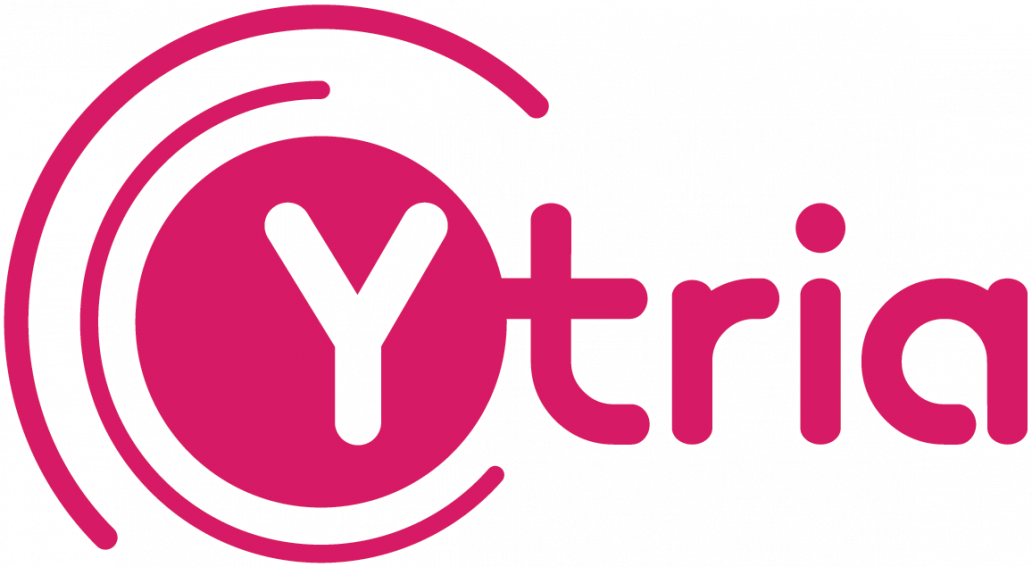Automation: Ytria Specific Header Tags
Script Header Specifics
The first line in the script header is called the XML declaration. This line is a standard requirement for all XML scripts, as it defines the XML version (1.0) and the type of encoding.
The first true line of a Ytria automation script will begin with the ytriaAutomation opening tag.
Tag: ytriaAutomation
This tag is required for all Ytria automation scripts
| TIP | Although the general header is mandatory, attributes in the ytriaAutomation header tag are not. Please be advised that some Actions will not be compatible across products and versions. It is considered a best practice to include these attributes for reference purposes. Example of a minimum mandatory header in a Ytria Automation script: <?xml version="1.0" encoding="UTF-8"?> <ytriaAutomation> |
|---|
| NOTE | All Ytria automation scripts must end with a closing </ytriaAutomation> tag. |
|---|
Optional Header Attributes
- Application: This is the application name that the automation script is intended to run on. It is case insensitive.
| NOTE | There are some automation scripts that are general and can be used on more than one product. |
|---|
- ApplicationVersion: This is the product version that the automation is intended for, version 16.5.
<ytriaAutomation Application="databaseEZ" ApplicationVersion="16.5">
- Console: Adding the attribute
Consoleto the ytriaAutomation header tag will control whether or not to hide the automation console while the automation script is running. The value "True" will keep the console visible throughout the running of the script, "False" will hide the progress bar to only be displayed at initialization time (during XML script loading and analysis).Example:
<?xml version="1.0" encoding="UTF-8"?>
<ytriaAutomation Console="False" Application="viewEZ" ApplicationVersion="16.5">
- User: [only relevant on HCL Notes products] Adding this attribute to the YtriaAutomation header tag restricts the script to use by a specific organization or user.
For example, addinguser="John Doe/ACME"to the line will restrict the use of this script to this user only.<?xml version="1.0" encoding="UTF-8"?> <ytriaAutomation Application="viewEZ" ApplicationVersion="16.5" user="John Doe/ACME">
Wildcards are also possible. Adding user="*/ACME" to the line will allow all users from ACME domain to execute the script.<?xml version="1.0" encoding="UTF-8"?> <ytriaAutomation Application="viewEZ" ApplicationVersion="16>
